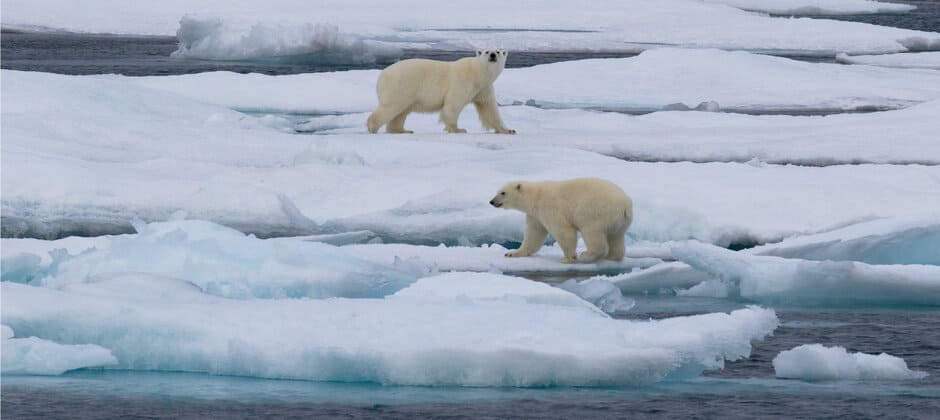A new bill introduced by the Canadian government commits the country to reaching net-zero greenhouse gas emissions by 2050.
The bill sets mandatory national five-year targets to cut emissions, starting in 2030, although it does not specify how those emissions reductions should be achieved. The bill also does not include specific mechanisms for reducing emission or include enforcement mechanisms or include penalties for failing to meet targets.
According to Prime Minister Justin Trudeau, the bill is an accountability framework that will “ensure we reach this net-zero goal in a way that gives Canadians confidence.” The bill requires that the prime minister bring forward a plan to Parliament outlining how the government will meet the legislation’s emissions goals.
The legislation will also establish a 15-member advisory board, composed of climate experts, scientists and others. That board would provide advice to the environment minister on setting emission reduction targets. The bill also requires the finance minister to prepare an annual report each year detailing “key measures that the federal public administration has taken to manage its financial risks and opportunities related to climate change.”
Some climate activists criticized the bill for not being ambitious enough, while some conservative lawmakers voiced concerned about the cost of the emissions reductions. Canada’s current target, established by the former administration in May 2015, is to reduce emissions by 30% compared to 2005 levels by 2030. Canada’s current climate policies, such as a carbon tax, a phase-out of coal power plants and regulating methane emissions from the oil and gas industry will only get the country two-thirds of the way toward this goal.
During last year’s election, the current administration made several climate action promises geared toward ensuring that Canada met its Paris accord commitments, a 2016 agreement within the United Nations Framework Convention on Climate Change dealing with greenhouse-gas-emissions mitigation, adaptation and finance. Those promises included exceeding the country’s 2030 emissions target and achieving net-zero emissions by 2050. But little action has been taken in the last year. The International Panel on Climate Change (IPCC) determined that if global emissions reach net-zero by 2050, global temperature increases would be limited to 1.5 degrees Celsius. The Paris climate accord makes limiting temperature rise to 1.5 Celsius a central goal.
Additional measures are expected from the Canadian government in coming months, such as a national hydrogen strategy to identify potential uses for hydrogen as fuel and new standards for cleaner-burning fuels and sector-by-sector consultations reduction targets, according to recent news reports.
Read TWS’ Position Statement on Global Climate Change and Wildlife
Article by Laura Bies








